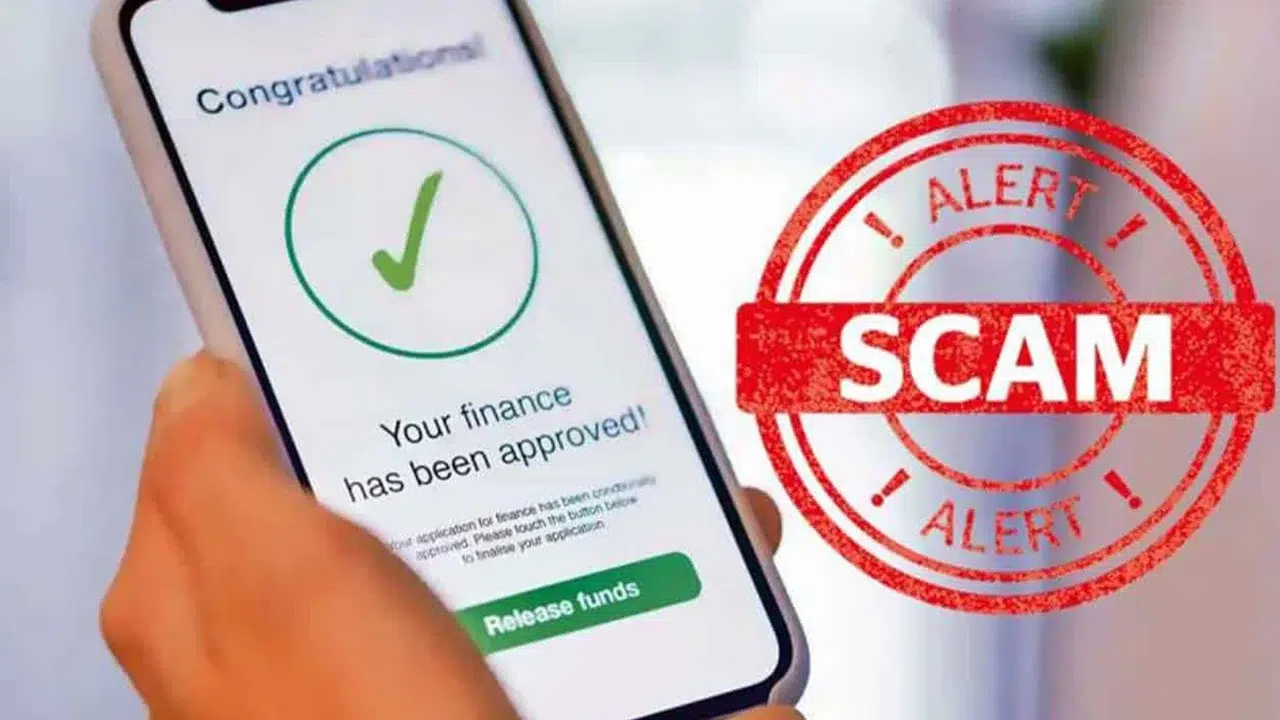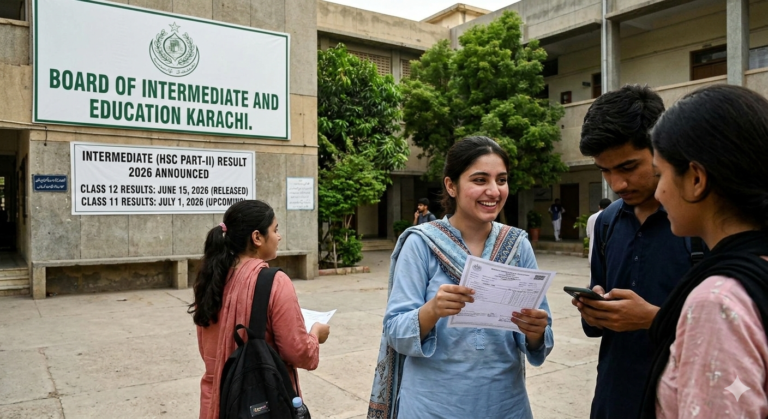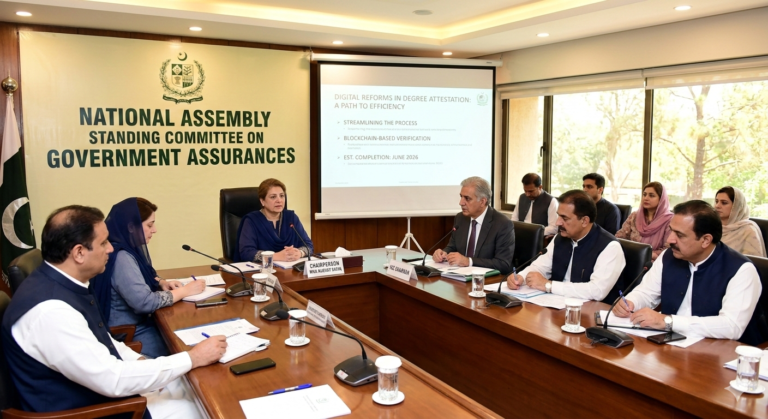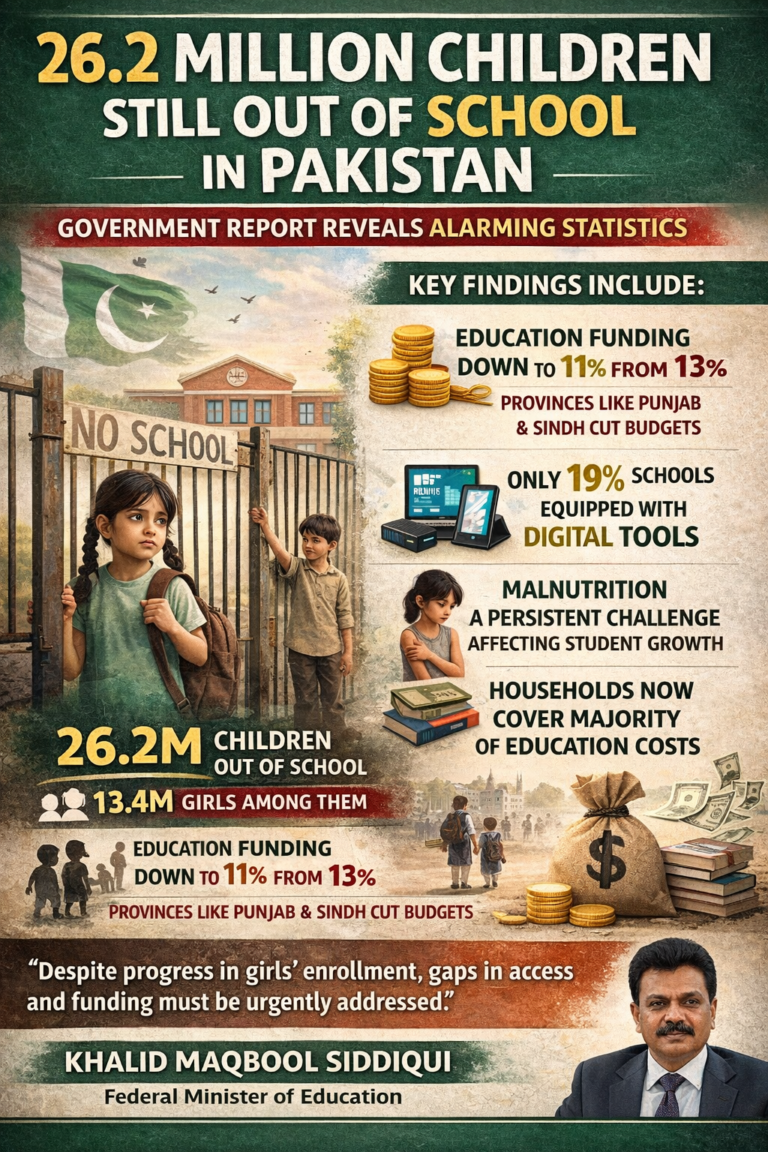
SECP Issues Strong Warning Against Fake Loan Apps in Pakistan (2025 Update)
In Pakistan, the popularity of mobile loan apps has grown rapidly over the past few years. These apps promise quick cash without visiting a bank, minimal documentation, and fast approval. However, along with genuine and regulated loan providers, many fake loan apps have also entered the market and they are not only exploiting borrowers financially but also misusing their personal data.
To protect the public, the Securities and Exchange Commission of Pakistan (SECP) has repeatedly issued strong warnings, blocked several illegal apps, and taken legal action against the companies behind them. This article explains in detail what the SECP has warned about, how these fake apps work, what risks they bring, and how you can identify and report them.
The Rise of Digital Loan Apps in Pakistan
The digital lending sector began to expand in Pakistan around 2019, when fintech startups started offering small loans directly through mobile apps. The goal was to make borrowing simple and accessible for people who could not qualify for bank loans or needed urgent funds for daily needs.
These digital loan apps, also known as instant loan or qarza apps, gained popularity among students, freelancers, and small business owners. With a CNIC, phone number, and basic personal information, users could borrow small amounts between PKR 1,000 and PKR 50,000 for short durations.
While some of these apps were licensed and monitored by SECP, a large number were not. They operated illegally, collected sensitive data, charged hidden fees, and often harassed borrowers. As complaints grew, SECP began a detailed investigation to clean up the digital lending market.
SECP’s Warning and Crackdown on Illegal Loan Apps
The Securities and Exchange Commission of Pakistan is the main regulatory authority for non-banking financial companies (NBFCs). These include all digital lending platforms that provide personal or business loans outside the traditional banking system.
In 2023 and 2024, SECP noticed a sharp rise in unregistered loan apps claiming to be “instant loan providers.” Many of them had misleading names, such as Asaan Qarza, Easy Loan, Quick Paisa, MoneyBox, and MoneyClub. They appeared professional but had no license to lend money.
According to SECP press releases:
- In February 2023, SECP officially warned the public about unauthorised loan apps using false identities of licensed companies.
- By March 2023, more than 74 fake apps were found on Google Play Store and Apple App Store.
- In June 2024, SECP identified and reported 141 illegal loan apps to Google, Apple, the Pakistan Telecommunication Authority (PTA), and the Federal Investigation Agency (FIA) for removal and legal action.
- In 2025, SECP again issued a public alert that scammers were now promoting fake loan offers through Facebook, TikTok, and WhatsApp ads instead of official app stores.
The Commission urged all citizens to only use verified and SECP-approved apps and never share personal or financial information with unlicensed platforms.
How Fake Loan Apps Operate
To understand why these apps are dangerous, it’s important to see how they work.
- Attractive Ads:
Fake loan apps use social media ads with catchy lines like “Instant cash in 5 minutes” or “Interest-free loan without documents.” These ads attract people in urgent financial need. - Easy Signup:
They ask users to download the app (often from a link instead of Play Store), enter CNIC and phone number, and grant permissions to access contacts, photos, or location. - Small First Loan:
To appear genuine, they approve a small loan, such as PKR 2,000 or PKR 5,000, but deduct heavy “processing” or “service” fees. The borrower receives less than what was promised. - Unfair Interest Rates:
They apply extremely high interest rates sometimes up to 40–60% and demand full repayment within a week. - Harassment for Recovery:
When borrowers fail to repay quickly, the app operators threaten them. Many victims reported that these apps used their phone contacts to harass family and friends, sending messages like “This person is a defaulter” or “Your friend owes us money.” - Data Misuse:
Some apps use photos or documents uploaded by borrowers to blackmail them. There have been cases where private images were shared online as pressure tactics.
These actions are not only unethical but also illegal under Pakistan’s data protection and cyber-crime laws.
SECP’s Legal and Regulatory Actions
The SECP has taken several concrete steps to tackle this growing problem.
1. Official Licensing Requirement
Only Non-Banking Finance Companies (NBFCs) licensed by SECP are allowed to offer digital personal loans. Every legitimate loan app must operate under a licensed NBFC. SECP has made it compulsory for such companies to display their license number and official company name inside the app and on the Play Store listing.
2. Collaboration with Google and Apple
SECP worked with Google and Apple to develop stricter app-store policies. Starting May 31, 2023, both stores require every personal loan app in Pakistan to provide SECP’s approval letter. Apps failing to submit this documentation are removed. This policy has already helped eliminate dozens of unlicensed apps.
3. Partnership with PTA and FIA
SECP has also partnered with the Pakistan Telecommunication Authority (PTA) and the Federal Investigation Agency (FIA) to block illegal domains, websites, and phone numbers used by scammers. FIA’s Cybercrime Wing is authorized to take legal action against those found guilty of blackmail, data theft, or online harassment.
4. Public Awareness and Consumer Education
Recognizing that awareness is the best protection, SECP regularly releases public advisories through TV, newspapers, and social media. The Commission encourages people to check the “White List of Digital Lending Apps” available on its website (www.secp.gov.pk) before downloading or borrowing money.
5. Continuous Monitoring
SECP has established a dedicated monitoring cell that constantly reviews app stores, social-media platforms, and online advertisements. Whenever a suspicious app is found, it is immediately reported and blocked.
Major Risks of Using Fake Loan Apps
Using an unverified loan app can cause serious personal and financial damage. Below are the most common risks faced by victims in Pakistan.
1. Data Theft and Privacy Violation
Fake apps often demand permission to access your contacts, gallery, and messages. Once granted, they copy this information and store it on unsafe servers. This data is later used for harassment or identity theft.
2. Financial Exploitation
Illegal apps impose hidden fees, double interest rates, and unfair penalties. Many users receive a smaller amount than promised and still end up paying more than double in repayments.
3. Mental Harassment
Borrowers who delay repayment receive dozens of threatening calls and messages daily. Some are publicly shamed through WhatsApp groups or social media posts. This psychological pressure has caused extreme distress to many victims.
4. Fraud and Scam Risks
These apps may ask for “advance processing fees” or “security deposits” before disbursing the loan. Once payment is made, they disappear without sending any funds.
5. Legal Consequences
By sharing sensitive information with unverified entities, you may unknowingly become part of a fraud or identity-theft case. In such situations, both the borrower and the app operators can face legal investigation.
How to Identify a Verified Loan App
SECP advises the public to use the following checklist before downloading or applying for a loan app:
- Check SECP’s White List:
Visit SECP’s official website and confirm that the app’s name appears on the list of verified digital lending apps - Check Developer Information:
The app’s Play Store or App Store page must show the company’s registered name, office address, and contact number. - Review Permissions:
A legitimate app will only request necessary permissions like storage and camera for document uploads. It will not ask for access to your contacts or gallery. - Read Terms Carefully:
The app must clearly state its interest rate, loan duration, late-payment penalties, and repayment process. Avoid any app that hides these details. - Avoid APK Downloads:
Never install apps from links, WhatsApp messages, or websites. Use only the official Google Play Store or Apple App Store. - Search Reviews:
Check online reviews, social media comments, and SECP updates. If multiple people report harassment or fraud, avoid that app completely.
What to Do if You Have Been Targeted
If you have already downloaded or borrowed money from a fake loan app, take immediate action:
- Uninstall the App:
Remove the app from your phone and change passwords for your email and banking accounts. - Report to SECP:
Visit the SECP complaint portal or email at complaints@secp.gov.pk. Provide the app name, screenshots, and transaction details. - Report to FIA Cybercrime Wing:
File a complaint at www.nr3c.gov.pk if you face harassment or blackmail. Attach all evidence such as messages, calls, and payment proofs. - Inform PTA:
If the app operates through local numbers or messages, contact PTA for blocking and further action. - Warn Others:
Share your experience on social media to protect others from falling into the same trap. - Never Pay Extra Money:
If scammers threaten you for extra payments or try to blackmail you, do not send any amount. Report it immediately.
SECP’s Official List of Verified Loan Apps
To make borrowing safer, SECP publishes an updated list of all licensed NBFCs and their digital lending apps. Some examples of verified apps include:
- Barwaqt
- Paisayaar
- Aitemaad
- EasyLoan
- ZarooratCash
- CreditBook (for business finance)
These companies follow SECP guidelines, maintain transparent loan policies, and protect user data. Borrowers using such verified apps can confidently access financial help without fear of fraud or harassment.
The Role of Technology Platforms
Apart from SECP, major technology platforms are also contributing to this cleanup.
Google Play Store now requires any loan app targeting Pakistani users to submit proof of SECP approval and display clear repayment terms. Apps failing to meet these conditions are permanently removed.
Apple App Store has introduced similar policies, blocking unlicensed apps and ensuring only legitimate financial institutions can operate.
Meta (Facebook and Instagram) and TikTok have also started cooperating with SECP by removing fake loan advertisements and accounts promoting illegal services.
The Broader Impact on Pakistan’s Financial Sector
The SECP’s campaign against fake loan apps is not just about removing scams, it’s about protecting the reputation of Pakistan’s emerging fintech industry.
Digital finance has the potential to boost entrepreneurship, empower women, and provide access to funds in rural areas. But if people lose trust due to scams and data theft, this progress will slow down.
By enforcing stricter laws and encouraging responsible digital lending, SECP is building a safer and more transparent financial environment for the country’s future.
Tips for Borrowers: Stay Smart, Stay Safe
- Borrow only from SECP-licensed apps.
- Do not rush to take loans just because the app promises instant approval.
- Always read repayment terms carefully.
- Avoid sharing your CNIC, contacts, or selfies with unverified apps.
- Repay loans on time to maintain a good financial record.
- Educate friends and family about the risks of fake loan apps.
A few minutes of verification can protect you from months of stress and financial trouble.
The SECP’s continuous warnings and enforcement actions make one message clear: not every app that offers quick cash is safe. The growing number of fake loan apps in Pakistan has led to data theft, harassment, and financial losses for many innocent users.
By following SECP’s guidelines, checking the verified app list, and staying alert, every citizen can protect themselves and contribute to a safer digital finance ecosystem.
Remember, financial security starts with awareness. Before applying for any online loan, make sure it’s licensed, transparent, and approved by SECP.
A few moments of caution today can save you from serious problems tomorrow.




